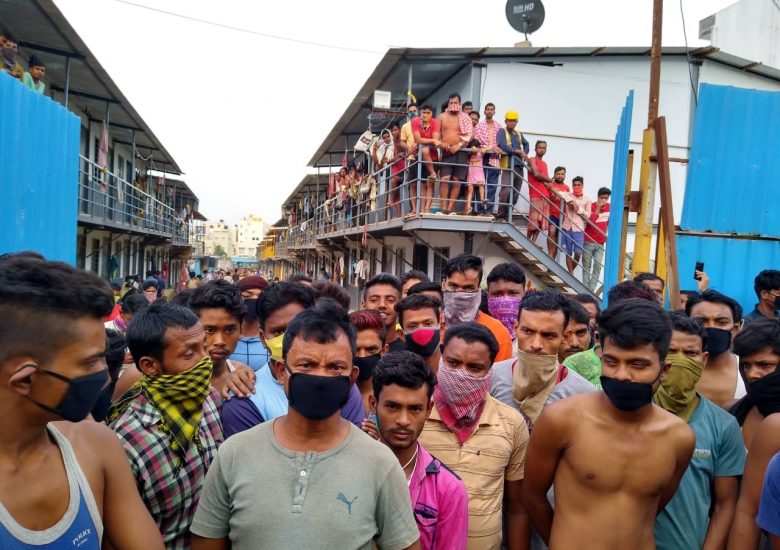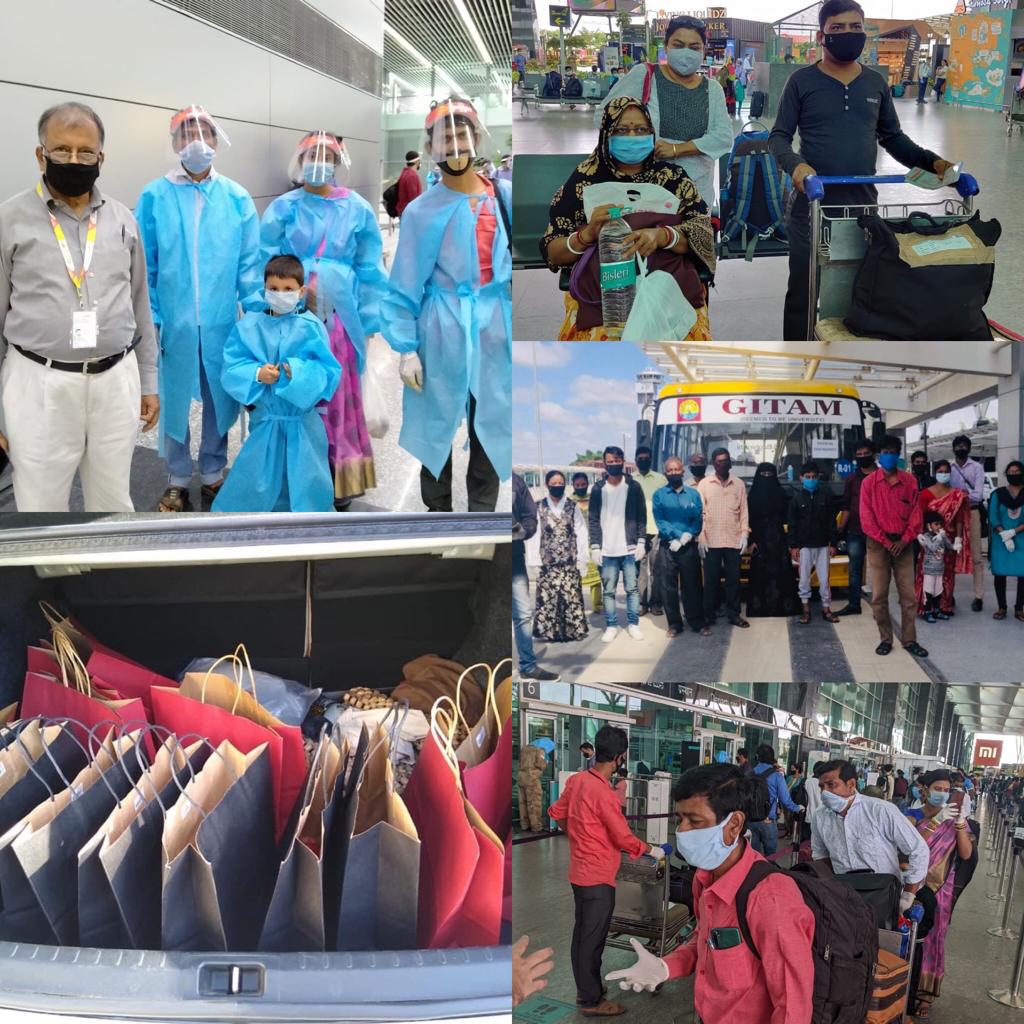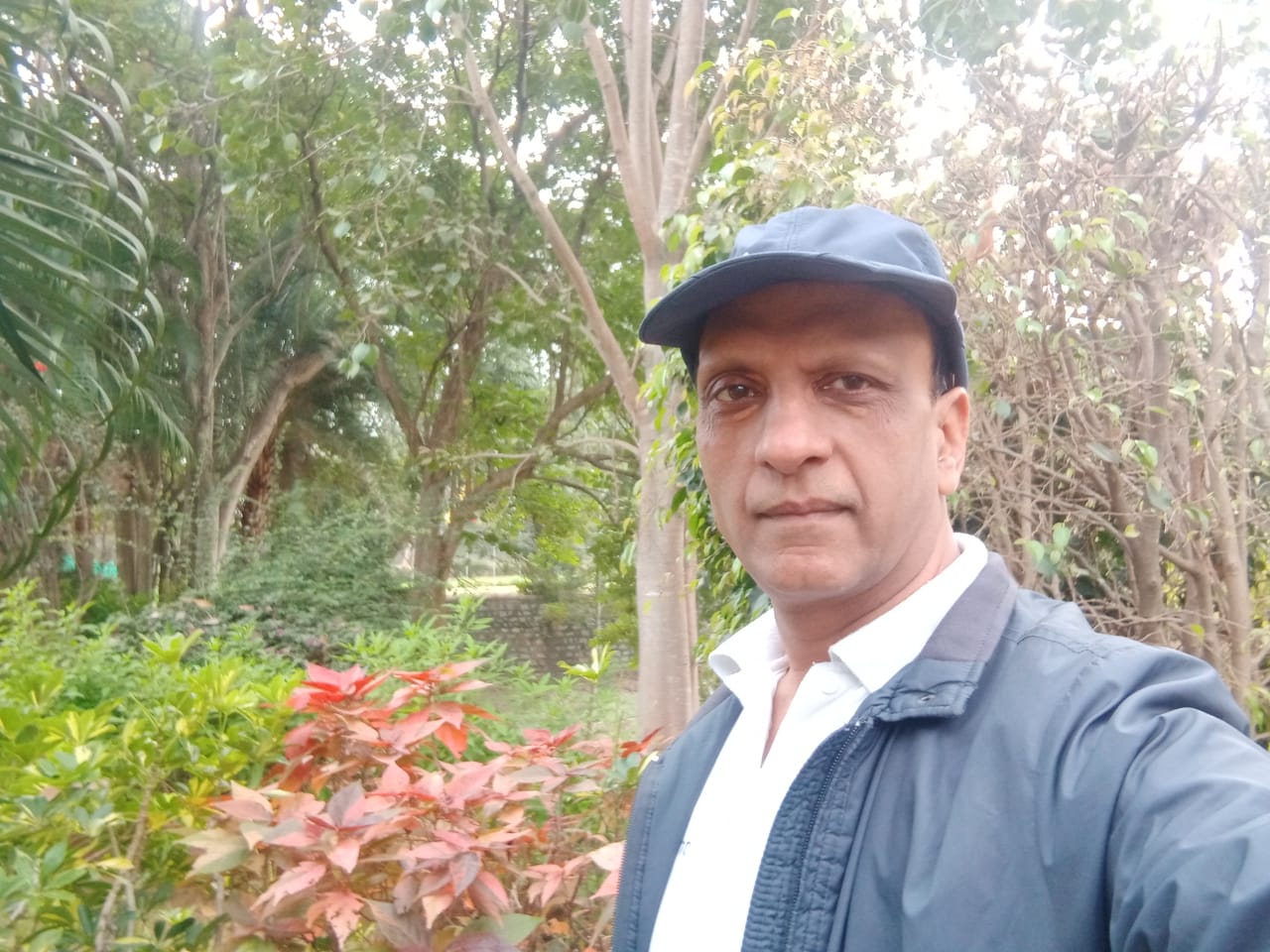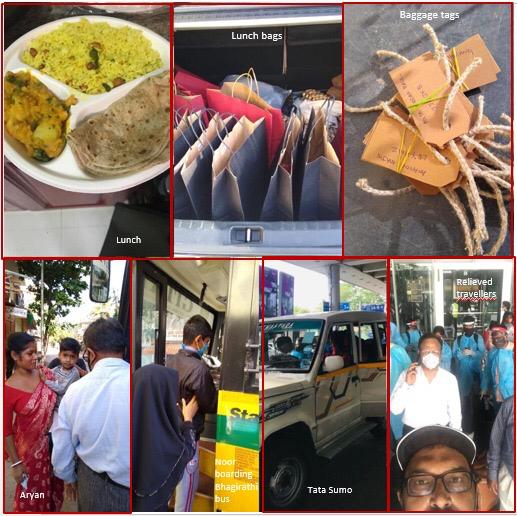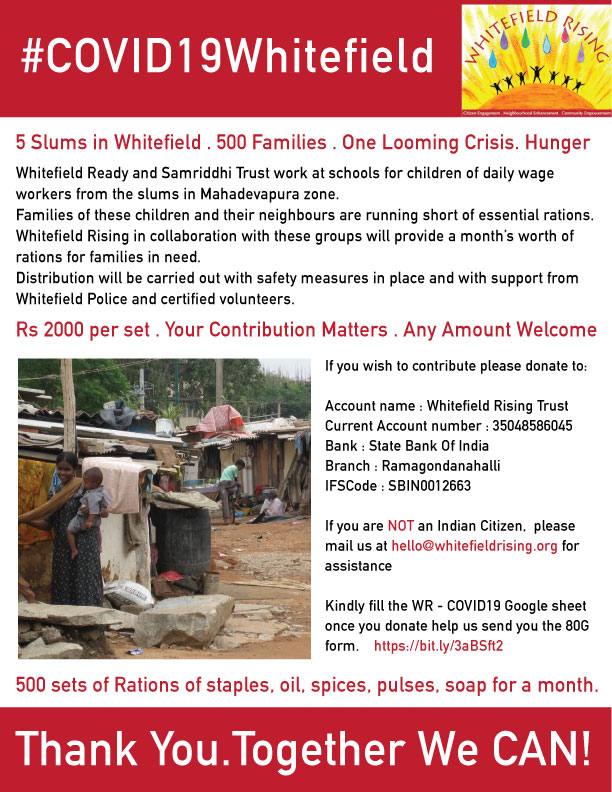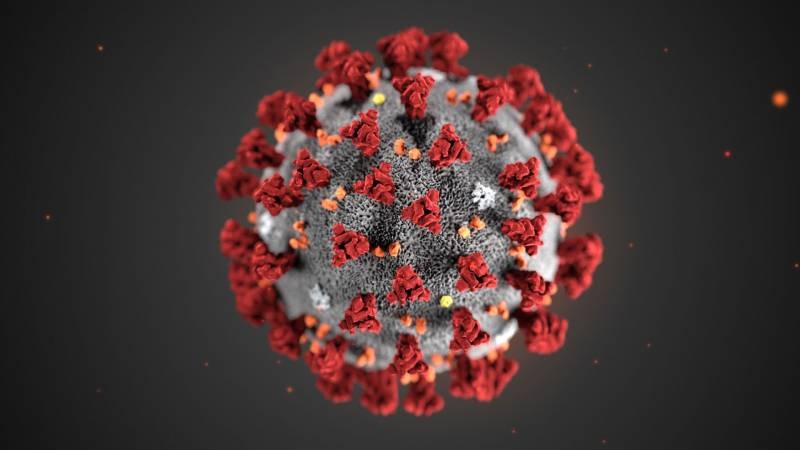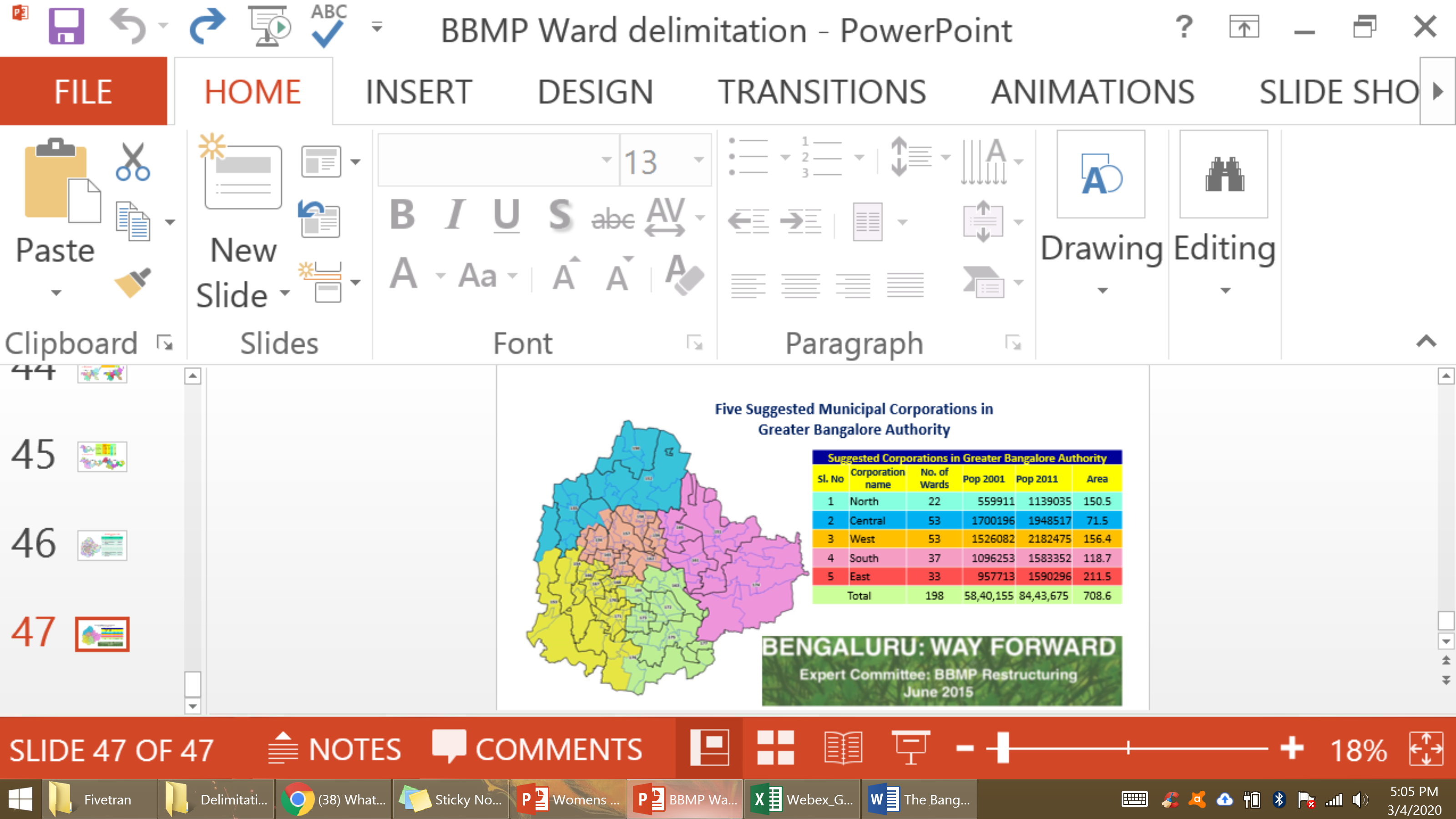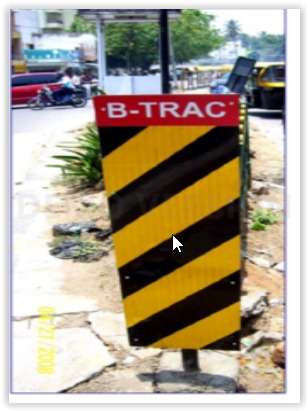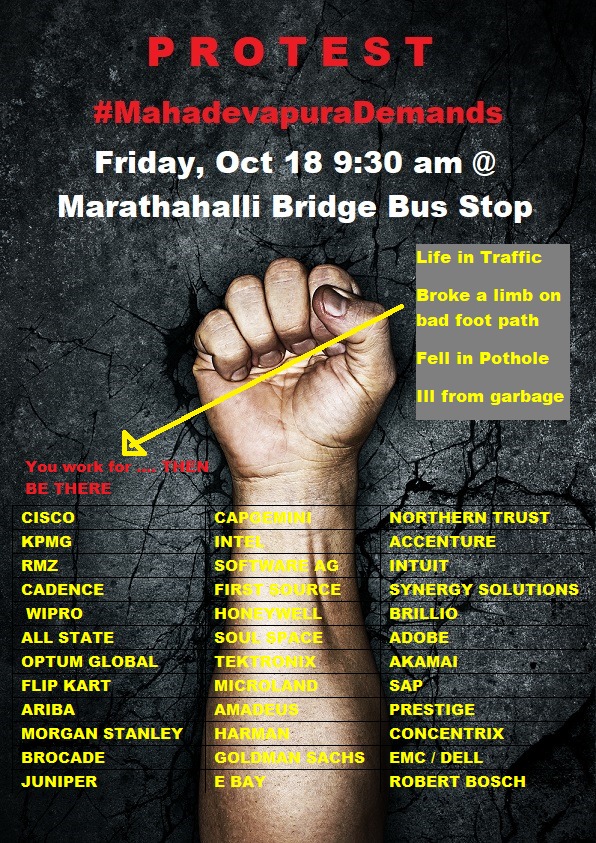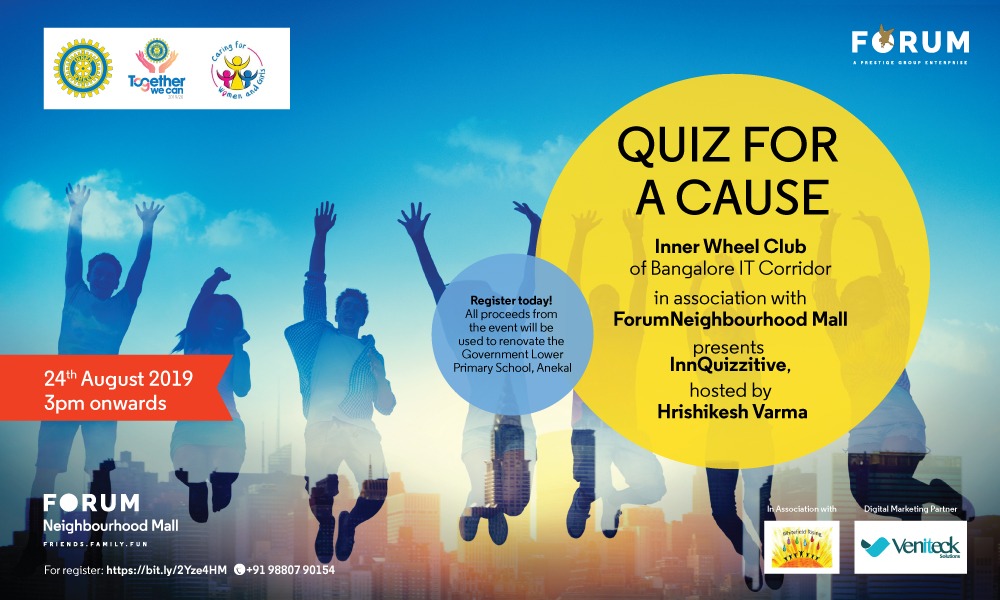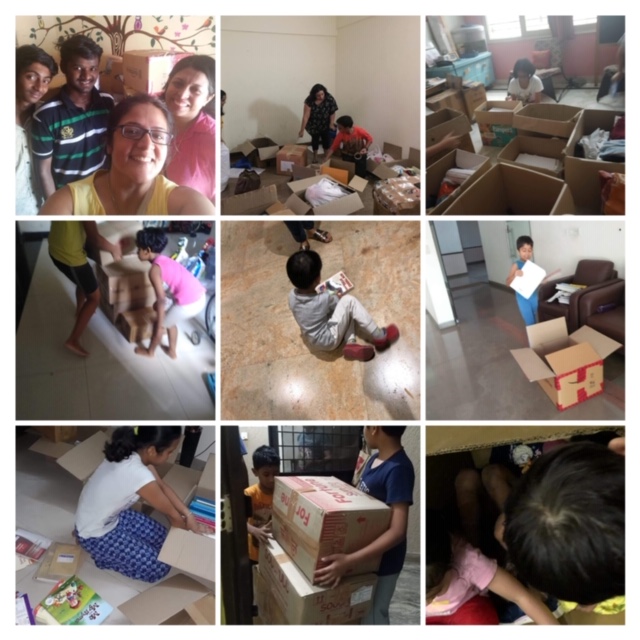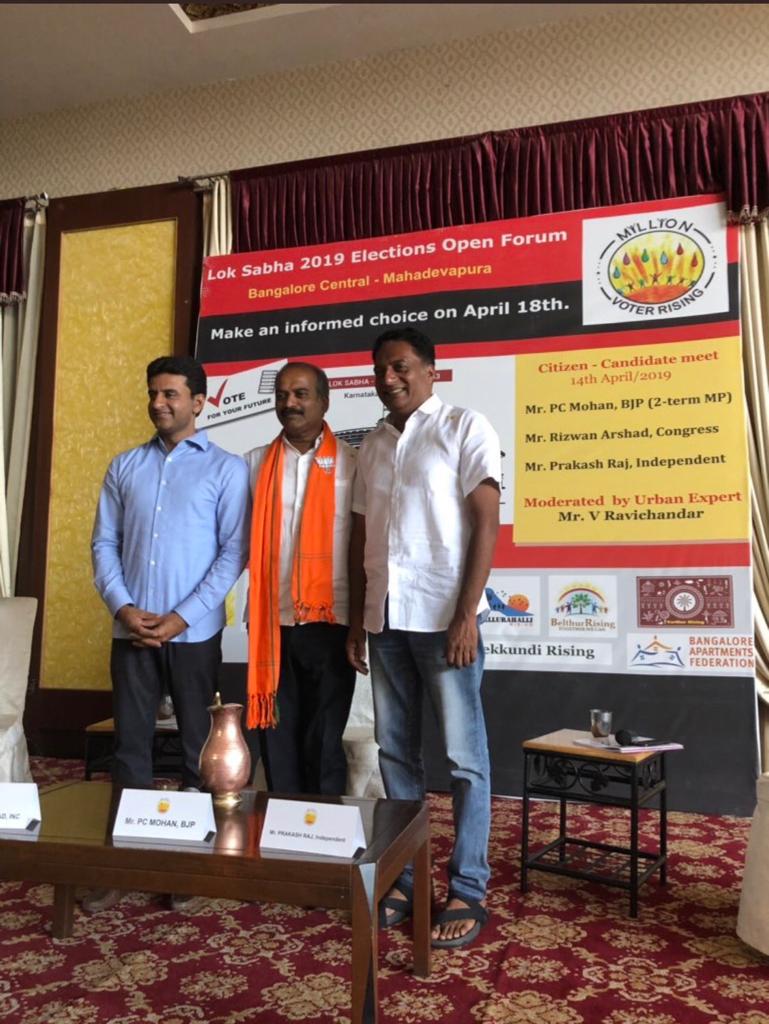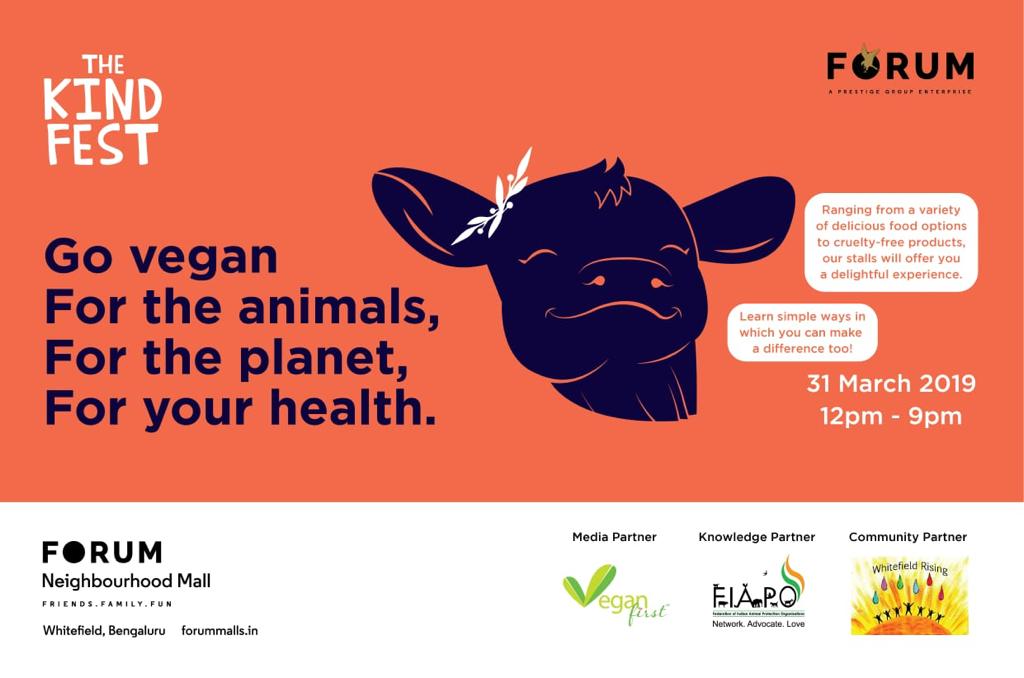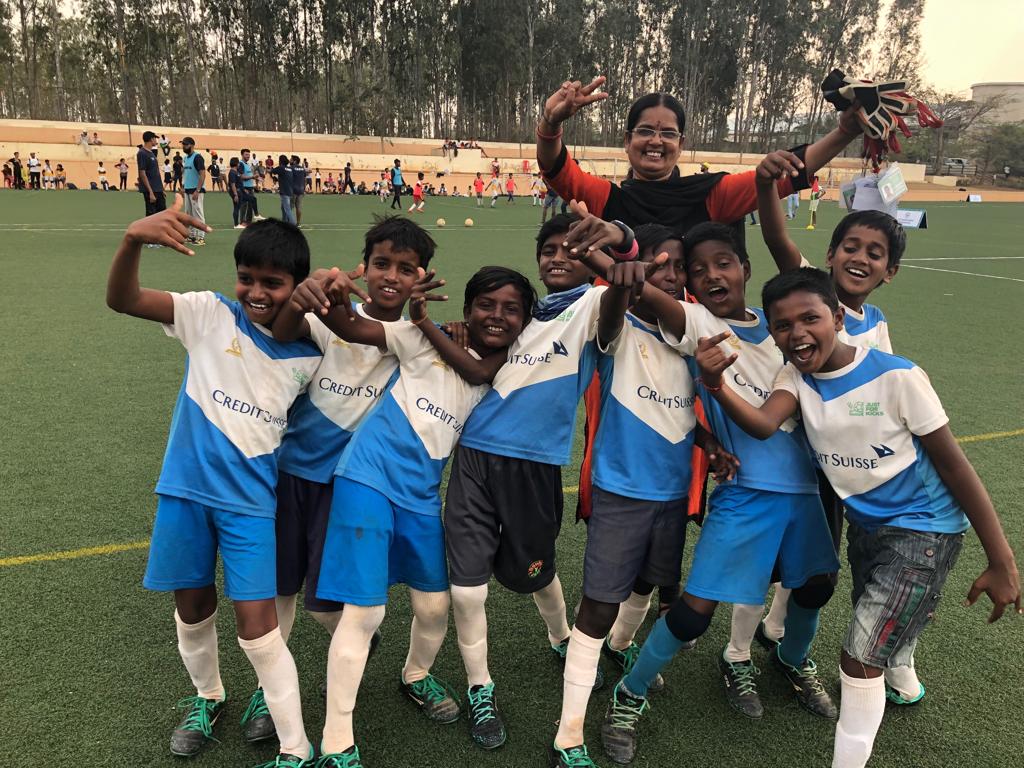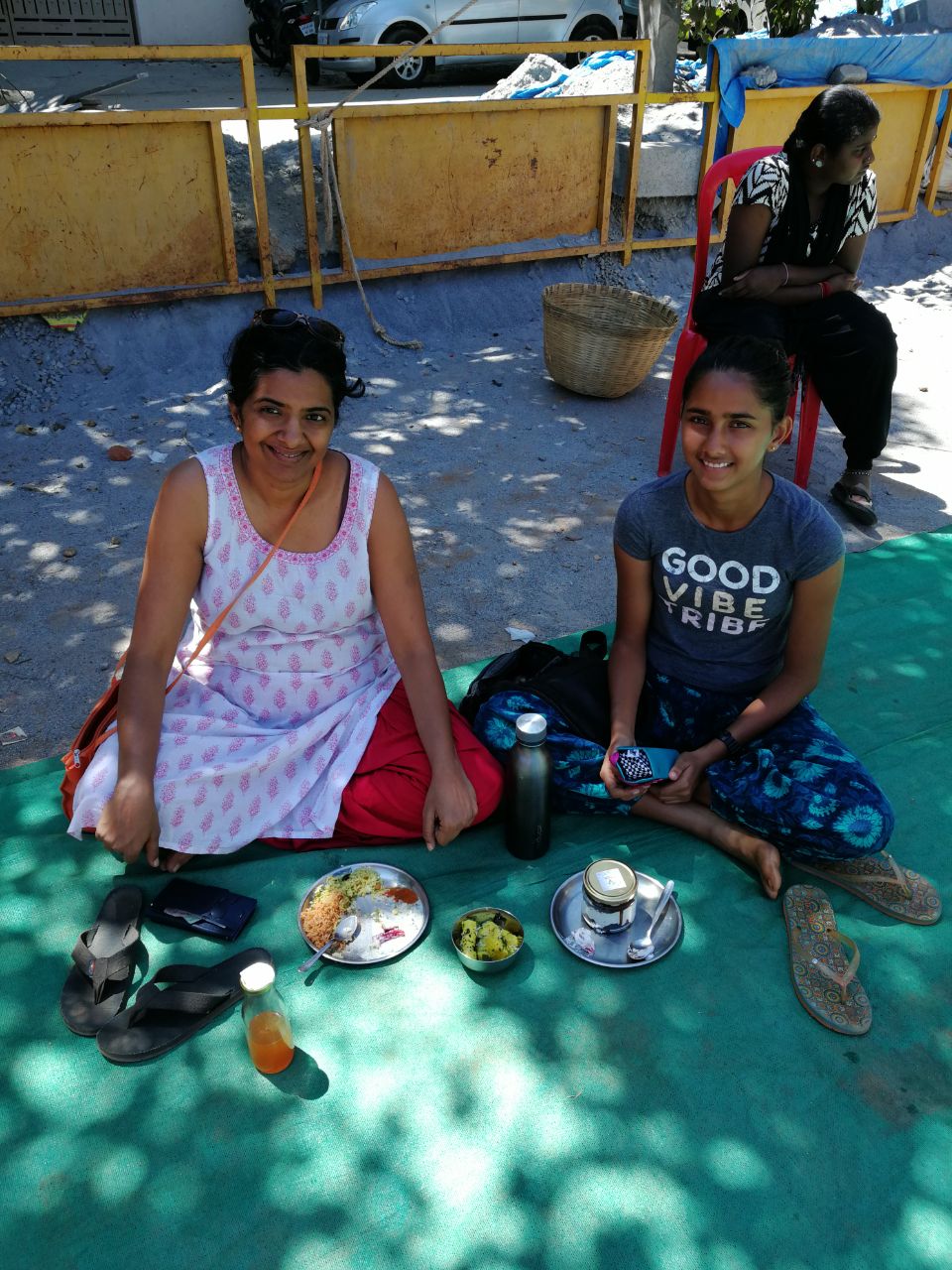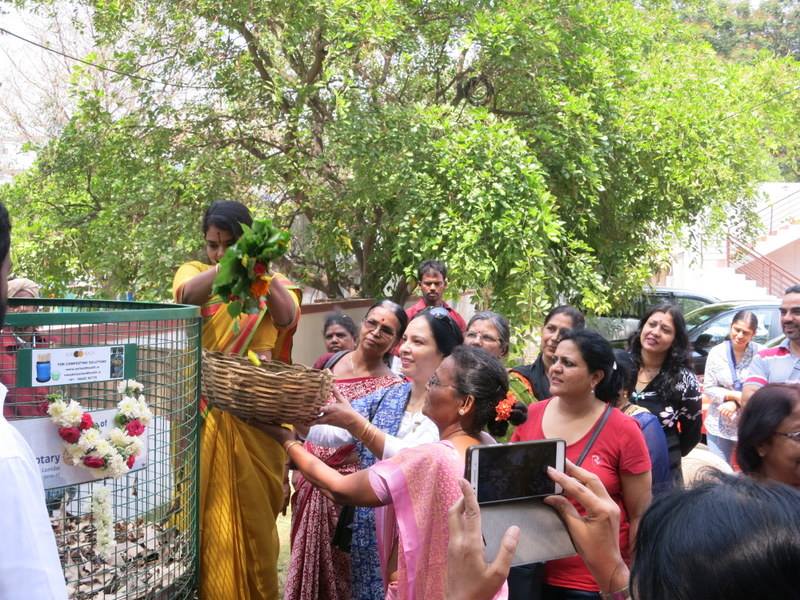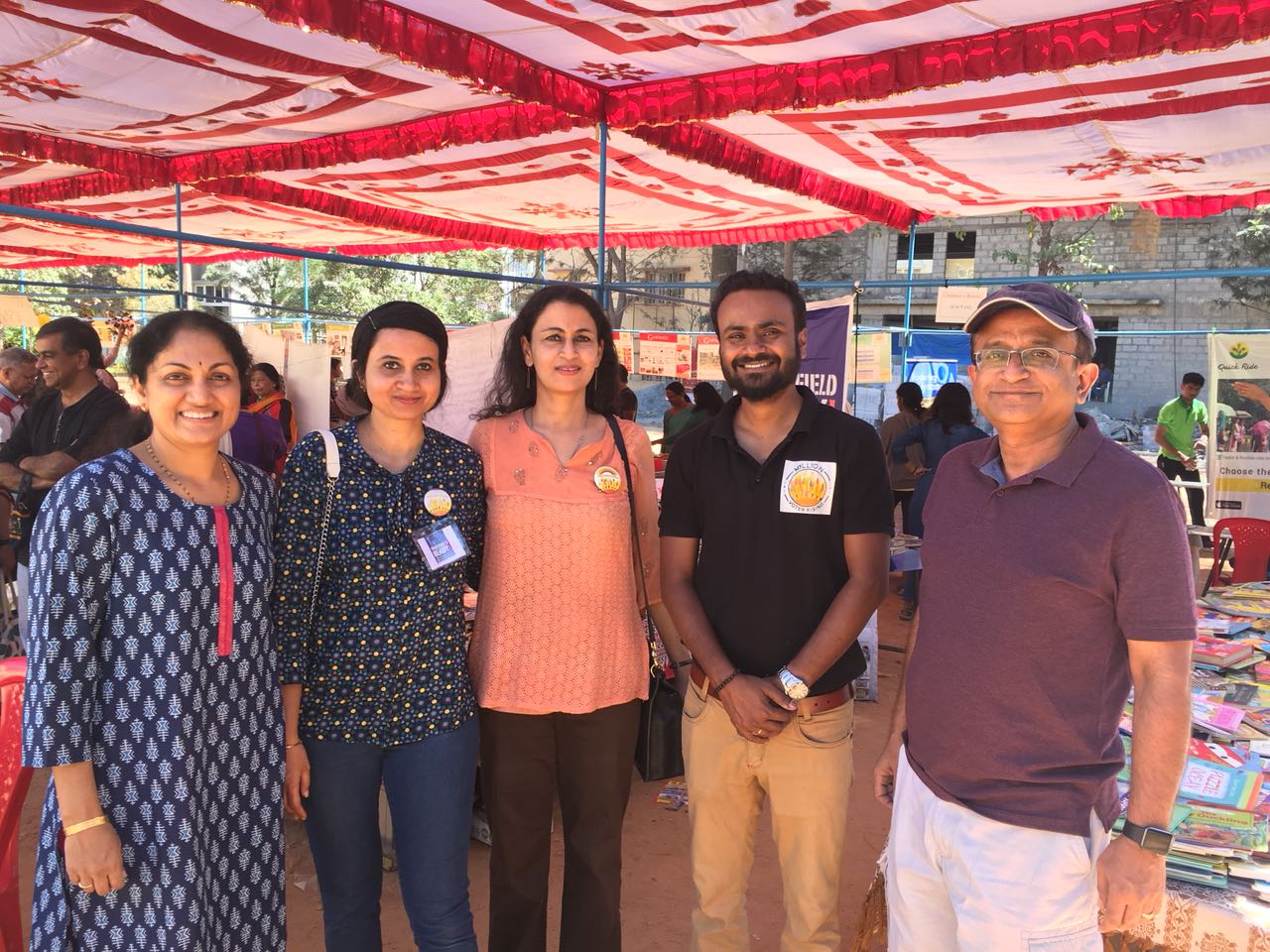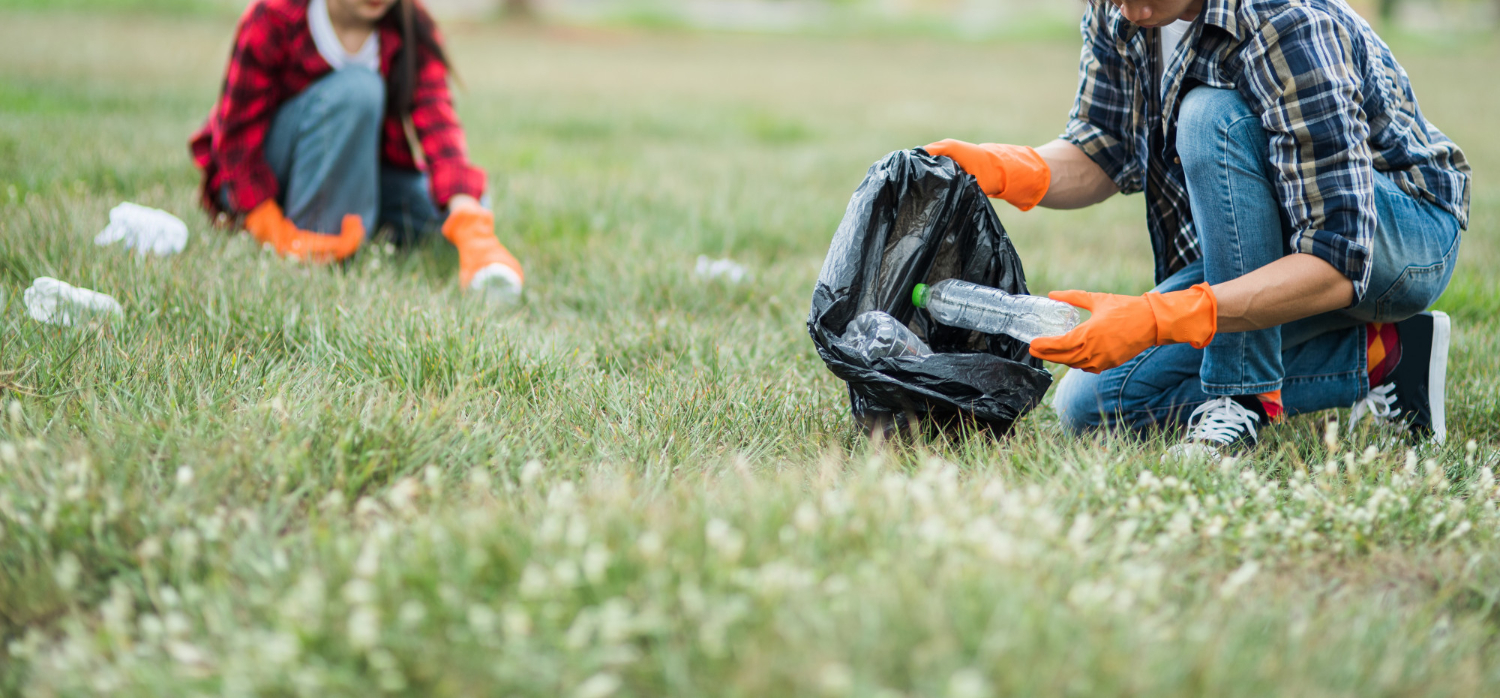
to keep our globe clean.
All Garbage Segregation Begins At Home.
What we @ WR do for Waste Management
Waste management includes the activities and actions required to manage waste from its origin to its final disposal.
Since inception, WR has been creating awareness about waste segregation and composting by organizing workshops. After the state government banned single-use plastic, volunteers joined hands with elected representatives and BBMP officials to campaign against disposables and flex hoardings.
The historic Whitefield Club was the venue for WR’s first public event around World Environment Day. It brought together citizens and government officials and the discussions focused on waste segregation.
In 2014, WR brought Repair Café to The Ants near Hope Farm, enabling visitors to get broken stuff repaired and preventing them from landing in landfills.WR backed the Saahas waste management centre inaugurated at Doddanekundi in 2016.
As a household, we typically generate 3 types of waste – Wet waste, Dry waste and Reject waste or Mix waste. Apart from these there occasionally we also generate E-waste and Medical waste.
What is waste segregation and why is it important?
Segregation makes the recycling of the waste easier. Each type of waste needs a different treatment. For example wet waste can be composted, dry waste can be recycled/upcycled. Whatever is not treatable, goes into the landfill. So if we do not segregate, everything is mixed and difficult to treat , thereby ending up in the landfill. The ultimate aim of segregation is to reduce the burden on landfill from our Mother earth.
When you decide to invest in sustainable dry and wet waste management, you contribute to the reduction of:
- Harmful greenhouse gas emissions
- Waste added to landfills
- Air, water, soil pollution
- Toxic gas explosions in landfills
- Exploitation of workers and child-labourer
Why is landfill bad?
The three most important problems with landfill are toxins, leachate and greenhouse gases.Many materials that end up as waste contain toxic substances. Over time, these toxins leach into our soil and groundwater, and become environmental hazards for years.Leachate is the liquid formed when waste breaks down in the landfill and water filters through that waste.When organic material such as food scraps and green waste is put in landfill, it is generally compacted down and covered. This removes the oxygen and causes it to break down in an anaerobic process. Eventually this releases methane, a greenhouse gas that is 25 times more potent than carbon dioxide.
Wet waste
Wet waste consists of organically compostable items such as vegetable and fruit peels and pieces, tea leaves, coffee grounds, eggshells, bones and entrails, fish scales, as well as cooked food (both veg and non-veg), yard waste. It can be converted into compost or biogas when managed the right way.
If more and more citizens start to compost at their end ( individual or community level), the black spots will simply disappear. By composting wasted food and other organics, methane emissions are significantly reduced. Not only this, compost is black gold. It eliminates the use of synthetic fertilizers, helping mother earth even more
To know more about composting, the various methods and vendors please visit these sites –
- https://bengaluru.citizenmatters.in/all-about-pit-composting-garden-waste-steps-bengaluru-36516
- https://savitahiremath.com/
Dry waste
Dry waste such as metal, aluminium foils, glass, fabric/textiles, Tetra Pak, and plastics, are non-biodegradable but can be recycled to create new products.
Typically dry waste forms the bulk of waste generated. If you ensure that it is separated properly and NOT mixed with wet waste, your dry waste collection vendor will be able to send it to recycle plants, thereby saving it from going into landfills.
The first step in reducing the volume of dry waste generated is to REFUSE any material you don’t need. Just because some things are free does not mean we should have them, especially packaging.
Here are some tips to refuse and reduce – https://www.ecowatch.com/simple-tips-to-reduce-waste-2561236357.html
E-waste
WR has supported several e-waste collection drives.In recent years, WR extended its support to beResponsible programme of Ensyde–Saahas, helping install collection bins and hold awareness sessions. Saahas now does a monthly collection of the e-waste collected in the bins as well as at prominent points. We publish the pick-up schedule on your social media on a regular basis.
It is very important to ensure that one is handing over their E-waste to authorised collection agents only.
E-waste in India is majorly processed using inefficient technologies, inadequate infrastructures, and improper and unhealthy ecosystems. Backyard operations of recycling, dismantling, and refurbishing use rudimentary technologies which include open burning of plastics, exposure to toxic soldering metals, dumping of acids, and employing child laborers for the process of dismantling. Further, no health safeguards or environmental protection of toxics releasing to the environment are taken into consideration.
In case of mismanagement in handling, treatment, incineration, and dumping of e-waste serious consequences to human health and the environment are observed. Thus, all e-waste is characterized as potentially hazardous waste in nature.
To know more and to know pick up points in your area, visit https://www.be-responsible.in/impact-of-e-waste-on-the-environment/
Currently E-waste can be dropped at the following locations:
- Gadjoy Repair Services – 091106 24049
- Whitefield Post Office
For bulk pickup please call Ensyde at – 7349737586. You can even Dunzo your E-waste to Ensyde.
If you need any further information regarding waste management, please write to us at hello@whitefieldrising.org
What is the right way to segregate ? What are the thin lines?
- If in doubt, wash. After you drink your favourite juice from a tetra pack, where does the empty packet go? Yes in the dry waste. But it will take days or even weeks for it to reach the recycling plant. Leave all recyclables in the sink so that it gets washed while the utensils are washed. Then simply dry them and hand over.
- Wet paper belongs to compost/wet waste not dry waste, same for the greasy pizza boxes; that way they won’t dirty the rest of the recyclable paper
- Line your wet waste baskets with newspaper NOT with plastic.
- Don’t crumple the paper before throwing it into the garbage. The more intact the paper is, the stronger are the cellulose fibres in it and hence the number of times it can be recycled.
To know more about segregation including its Dos and Don’ts please visit – https://www.2bin1bag.in/resources
Regularised pick-up of waste from households that are not bulk generators
For ward 84, a pilot project was done to further simplify waste management. The entire ward was divided into blocks. Each block consists of 750 households.
These were marked in google maps as can be seen here-http://bit.ly/Ward84HagadurSWMBlockMap . We created whatsapp groups of residents who are part of a particular block. The contact details of dry and wet waste drivers as well as their supervisors was also shared in the group. This resulted in so many advantages:
- Each resident who is part of the block group is now an engaged citizen. He can report and escalate if waste is not picked up
- Black spots are reported and cleaned.
- An overall community feeling has developed and localities are more cleaner and better organised wastewise
- Many people didn’t know that there are dedicated autos for their lanes and are now helping in running this on a daily basis
- There is a marked improvement in the volume of dry waste collected. Which means this much is saved from going into landfill.
- A lot of important hyperlocal communication can be disseminated via block level whatsapp groups, for example information on ward committee meetings or camps for voter registration etc.
- Residents are even reporting and calling out people who dump garbage on the road, reporting civic issues like streetlights and footpath encroachment.

